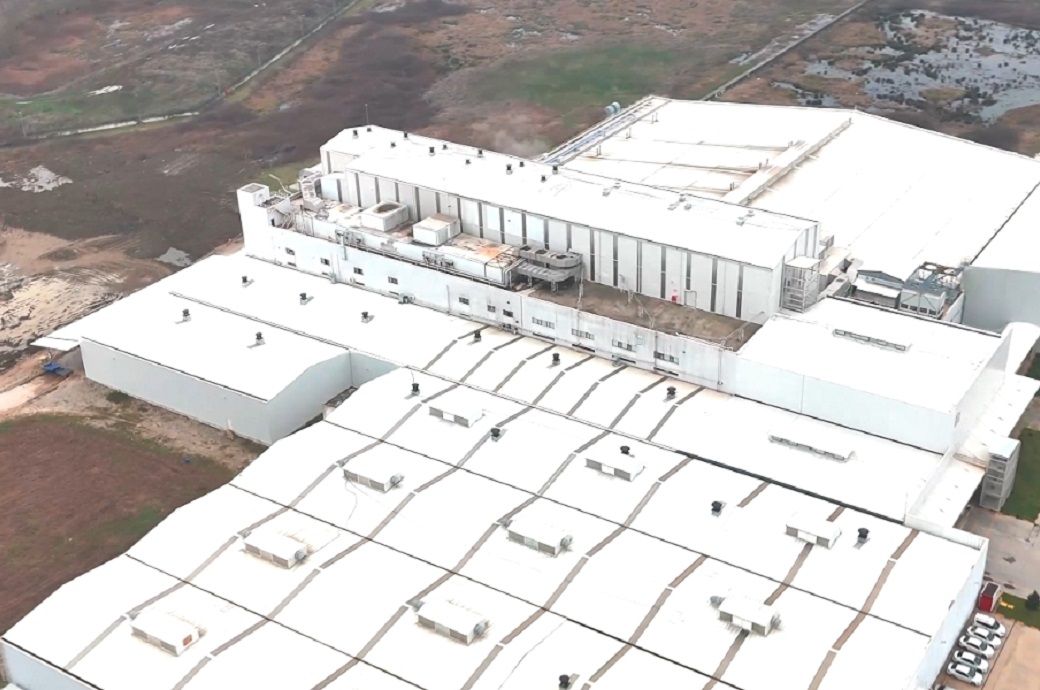IAMC Delegation to Visit Darfur: Qaradawi
Lecturing at the Egyptian Press Syndicate in Cairo, the prominent scholar said that the visit comes at a request from the Sudanese government.
"The delegation will meet with Sudanese president Omar Al-Bashir before heading for Darfur to hold talks with leaders of the two rebel movements in an effort to reach a solution to the conflict," he said.
Qaradawi stressed it is incumbent upon Muslims to mediate between warring Muslim parties to turn off bloodshed, especially that some foreign powers are using the conflict as a pretext to intervene in Muslim countries.
The UN Security Council adopted a resolution July 30 threatening Khartoum with sanctions unless the Sudanese government disarms armed militias, especially the Janjaweed in Darfur within 30 days.
The United Nations has described the Darfur conflict as the worst ongoing humanitarian crisis in the world.
It said at least 10,000 people have died and one million have been driven from their homes since ethnic minority rebels launched a rebellion early last year against government forces.
But Dr. Hussein Gezairy, Regional Director of World Health Organization’s Eastern Mediterranean Region, told IslamOnline.net on July 29 that the situation in the restive area did not amount to genocide or ethnic cleansing as claimed.
Searching for Truth
Qaradawi, who also heads the European Council for Fatwa and Research, said the visit aims to reaching a common ground between the parties concerned to end the Darfur crisis that "tarnishes the image of Islam".
"The IAMC delegation will have a first-hand experience in Darfur and know where the truth lies to figure out whether or not human rights are being violated as claimed by western media, which often make too much fuss about nothing," said Qaradawi.
"The western media also want to drift the attention away from the situation either in the occupied Palestinian territories and Iraq ."
The leading scholar expressed hope the delegation can convince the warring parties to stop the bloodshed and sit to the negotiating table for the welfare of all Darfuris.
Renewed Call
On the Iraqi scene, the revered Sheikh renewed call for releasing the two French journalists taken hostage in the war-torn country.
Late Saturday, August 28, Arabic-language Al-Jazeera television broadcast images of Radio France correspondent Christian Chesnot and Georges Malbrunot of Le Figaro newspaper along with an ultimatum from a group calling itself "the Islamic Army in Iraq".
Qaradawi urged the hostage-takers to set free the two French journalists for protecting Islam’s image and as a sign of appreciation for France ‘s foreign policy supporting the Arab and Islamic issues.
He said the French journalists were covering developments in Iraq away from the American control of western media and that they were totally pro-Arab and Islamic issues’ advocates.
Qaradawi, however, urged the French government to annul laws badly affecting the sizable Muslim community, foremost among which is the French law banning hijab and religious signs in the state schools.
On February 10, France’s lower house of parliament adopted with an overwhelming majority a controversial bill banning hijab and religious insignia in state schools, despite fierce opposition from the country’s minorities and international rights groups.
Islam and Democracy
On the Islam’s stance on democracy, Qaradawi said that Islam calls for democracy and grants people the right to choose their governor.
Qaradawi told the lecture that religion and politics are compatible and cannot be separated.
He said those who advocate separation between religion and politics use religion to serve best their interests, but when it runs counter to their personal gains, they just ignore it.
On Islam’s position of establishing religious parties, he said Islam is not against establishing religious-oriented parties provided that all parties respect law and constitution.
He also stressed that Islam places men and women on an equal footing, when it comes to politics.


